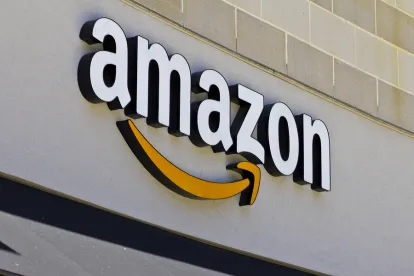Union efforts to organize workers are on the rise. Most notably, several high-profile employers are at the forefront of recent union campaigns, including Amazon, Starbucks and now Apple.
Amazon
Employees at Amazon’s Staten Island, New York warehouse voted in favor of union representation two weeks ago: 2,654 for and 2,131 against representation. Now, the union is seeking to organize another smaller Amazon facility across the street. In Bessemer, Alabama, for the second time in two years warehouse employees voted against union representation. This time the votes were 993 against and 875 for representation. Approximately 400 of those votes are contested meaning the results could change depending on what happens with these challenged ballots.
Both of these Amazon elections reflected low voter turnout. Low voter turnout makes it easier for unions to obtain majority status as it only takes a “majority of those who actually vote” to win representation, not a majority of those employees eligible to vote. On April 20, 2022, the union, without explanation, withdrew a petition for election at Amazon’s Bayonne, New Jersey location.
Starbucks
At last count, 20 Starbucks stores have voted in favor of union representation, including two in Buffalo New York and one in Knoxville, Tennessee. A third store in Buffalo voted against union representation, as did another store in Springfield, Virginia. In all, employees at 220 stores have sought elections for union representation.
Apple
On April 20, 2022, employees filed a petition for a union election at Apple’s retail store at the Cumberland Mall in Atlanta, Georgia. The union is the Communications Workers of America. The Cumberland Mall store has 107 employees. This is the first attempt to unionize at an Apple retail location.
Why the big push on union organizing?
Many pundits cite the Biden administration’s pro labor stance, and even President Biden himself has spoken out publicly supporting the pro labor movement (a role typically avoided by prior presidents). Additionally, the Biden administration has appointed pro-union advocates at various federal agencies who are influencing these activities, most notably National Labor Relations Board General Counsel Jennifer Abruzzo.
Abruzzo has issued advice memoranda indicating that she is asking the board to prohibit “captive audience” meetings (which we blogged about here). Abruzzo also is seeking to overturn an employer’s right to require a board election be held rather than relying on union authorization cards, evidencing majority support by its employees who are seeking union representation (referred to as a card check “recognition.”)
More developments are certainly forthcoming as the economy lags and post-pandemic effects continue to emerge. Cautious employers will take a look at their workforces and see what they can do to stay union free.





 />i
/>i

